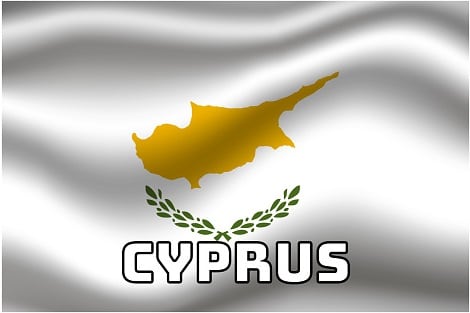Headlines
Cyprus: A Land of Ancient Civilizations

Cyprus is an island country located in the eastern Mediterranean Sea. The human habitation of Cyprus dates back to the Paleolithic era, also known as the Stone Age. The first undisputed settlement occurred in the 9th millennium BC from the Levant. The first settlers were agriculturalists of the so-called PPNB (pre-pottery Neolithic B) era, but did not yet produce pottery (aceramic Neolithic). The dog, sheep, goats, and possibly cattle and pigs were introduced, as well as numerous wild animals such as foxes (Vulpes vulpes) and Persian fallow deer (Dama mesopotamica) that were previously unknown on the island.
See Population, Official Language And More…

Cyprus
Cyprus’s geographic position has caused it to be influenced by differing Eastern Mediterranean civilizations over the millennia. Periods of Cyprus’s history from 1050 BC have been named according to styles of pottery found as follows: Cypro-Geometric I: 1050-950 BC, Cypro-Geometric II: 950-850 BC, Cypro-Geometric III: 850-700 BC, Cypro-Archaic I: 700-600 BC, Cypro-Archaic II: 600-475 BC, Cypro-Classical I: 475-400 BC, and Cypro-Classical II: 400-323 BC.
The island was conquered by Alexander the Great in 333 BC and was ruled by a succession of Hellenistic kingdoms until it was incorporated into the Roman Empire in 58 BC. After the fall of the Western Roman Empire, Cyprus was ruled by Byzantine Empire until it was conquered by Arab forces in 649 AD. The island was later returned to Byzantine control in 965 AD.
In 1191 AD, Richard the Lionheart captured Cyprus from Isaac Komnenos of Cyprus and sold it to the Knights Templar. In 1192 AD, Richard sold Cyprus to Guy de Lusignan, who established a dynasty that lasted until 1489 AD. During this period, Cyprus became a center of European culture and commerce.
In 1570 AD, Cyprus was conquered by the Ottoman Empire and remained under Ottoman rule until it was ceded to Great Britain in 1878 AD. In 1960 AD, Cyprus gained independence from Britain and became a republic.
In conclusion, Cyprus has a rich history that spans thousands of years. It has been influenced by various civilizations over time and has undergone many changes in its political status. Today, it is a modern country with a diverse population and a thriving economy.





